“The practice of the law is meaningless if it does not make positive impacts in the lives of ordinary people“– Tisungane B. Makato
When Jeffery J. Lloyd “Aberjhani” referred to bright millennials as the hybrids of golden worlds and ages splendidly conceived, he must have had the gentleman, Tisungane Brian Makato, in mind.
Tisungane Brian Makato is a Malawian legal practitioner who was called to the Malawian Bar in March 2011. An LLB (Honours) graduate from the University of Malawi. Tisu, as he is popularly known among his family, friends and colleagues, was a British Chevening Scholar at the world-renowned Centre for Energy, Petroleum and Mineral Law and Policy at the University of Dundee in Scotland, where he graduated with an LLM in Energy Law and Policy with a distinction. He holds the honour of being one of the very few Malawians to graduate with an LLM from the prestigious Harvard Law School in Cambridge, Massachusetts in the USA. Tisu started his legal career at the Chambers of the Attorney-General of Malawi. During his time there, he worked under six successive attorneys-general. In Chambers, he specialised in and excelled at representing the Government of Malawi and State-owned entities in complex civil and commercial cases before courts and tribunals in Malawi and the Southern African region. He also advised the Ministry of Energy, Mining and Natural Resources on energy and infrastructure projects and sat on the Legal Affairs Committee of the Malawi Energy Regulatory Authority. He is currently based in London, United Kingdom, where he practices as an international dispute resolution lawyer at Volterra Fietta, a top tier public international law firm. There, he advises and represents sovereign States, international organisations and multinational businesses on various international dispute resolution issues including land and maritime boundary disputes, treaty drafting and interpretation, foreign investment protection and risk, straddling petroleum resources, sovereign immunity, economic sanctions and business and human rights. He also advises and represents commercial parties in the resolution of commercial disputes.
As a way of giving back to society, Tisu sits on the board of The Sparkle Foundation, a UK sponsored Malawian charity that provides free education and healthcare to vulnerable and economically disadvantaged children in Zomba, Malawi.
1. What makes practice exciting for Tisu and who is his role model?
For him, two things make the practice of law exciting. First, the intellectual rigour and curiosity that law practice demands, he understands that no two legal problems are similar, and in order to successfully solve and resolve legal problems, a legal practitioner must be creative, versatile, entrepreneurial and have the ability to think outside the box. Second, he notes that the fact that a lawyer has to know something about everything makes law practice existing. In the course of his career, he has gained knowledge about a tonne of things including road construction, power plays in Middle Eastern geopolitics, the scientific aspects of maritime boundary delimitation and petroleum production.
He is currently part of a team that is defending a North African State in an investor-State arbitration and the case requires knowledge about electronic interference with television signals. He believes that knowing something about everything makes one a well-rounded lawyer and human being. There are many people, too numerous to mention, who have inspired him and are his role models. However, three people stand out: Modecai Msisha, SC, arguably the godfather of the Malawian Bar; Tafadzwa Pasipanodya, an international litigation and arbitration partner at Foley Hoag LLP in Washington, DC and one of the very few Southern Africans who routinely represent clients in seminal public international and investment arbitration cases; and Guled Yusuf, an international arbitration counsel at Allen & Overy LLP in London.
2. What is his philosophy of impacting the nation through the practice of the law?
In his opinion, the law should be used as a force for good. He recalls that history is littered with horror stories of how the law was used to bring untold misery and deny basic human rights millions of people. For instance, the law was used to legitimise slavery and the oppression of people simply because of the colour of skin. “The practice of the law is meaningless if it does not make positive impacts in the lives of ordinary people“, remarks Tisu. He further notes that when one works for sovereign States and other large corporate clients, it is very easy to forget that the work one does is likely to have an impact on the lives of ordinary people in one way or the other. A good example may be a dispute relating to a mining project between the Host State and a foreign investor. The advice that one gives to either the Host State or the foreign investor may have the potential to affect the lives of ordinary people, he adds. His philosophy of impacting the nation through the practice of the law is that lawyers should always take time to understand the context of the matter they are working on. By that way, they are likely to think of the ordinary people who may be affected by their work and find ways to mitigate any adverse impact.

3. What is the next big thing he is working on?
The “Arbitration Project” is the next big thing Tisu is working on. He is collaborating with a few other young Malawian lawyers and business leaders; they have been discussing what they can do to promote arbitration as an alternative and viable option to commercial litigation in Malawi. For him, unlike many countries in Southern Africa, Malawi has been lagging behind in the adoption of arbitration as an alternative means of commercial dispute resolution. The “Arbitration Project” aims to promote and popularise arbitration as a viable and efficient mode of resolving disputes in Malawi. This will be achieved by the modernisation of Malawi’s arbitration framework. Tisu states that The Malawi Arbitration Act is over 50 years old and not line with modern arbitral practices. Further, Malawi is yet to ratify the 1958 United Nations Convention on the Recognition and Enforcement of Foreign Arbitral Awards (New York Convention) and this makes enforcing foreign arbitral awards complex.
He aims to use the “Arbitration Project” platform to spearhead the modernisation of the Malawian arbitration legal framework, lobby the Government of Malawi to ratify the New York Convention, draft arbitration rules that will meet the needs of commercial parties doing business in Malawi and promote arbitration a viable and more efficient mode of commercial dispute resolution in Malawi. Ultimately, the “Arbitration Project” will help to decongest the Malawi Commercial Court’s docket, speed up the resolution of commercial disputes and improve the ease of doing business in Malawi.
4. What does he consider as the millennials’ greatest strength?
“Living in the midst of the Fourth Industrial Revolution (FIR) is the greatest strength of millennials. The possibilities of billions of people connected by mobile devices, with unprecedented processing power, storage capacity, and access to knowledge, are unlimited. The FIR has disrupted, and will continue to disrupt, most aspects of our lives, from politics to business and even the way we celebrate happy moments such as weddings! FIR is amplifying the voice of millennials. Through the power of instant information, millennials now have the ability to drive and shape the change agenda in their communities and the global stage. Policymakers can no longer afford to ignore millennials.” is what Tisu considers to be millennials’ greatest opportunity.
Importantly, he believes the FIR presents an opportunity to improve the living standards of people and help people actualise their potential.
“Millennials need to ensure that the FIR-sponsored growth is sustainable and inclusive so that everyone including our children’s children should benefit from it,” Tisu advises.





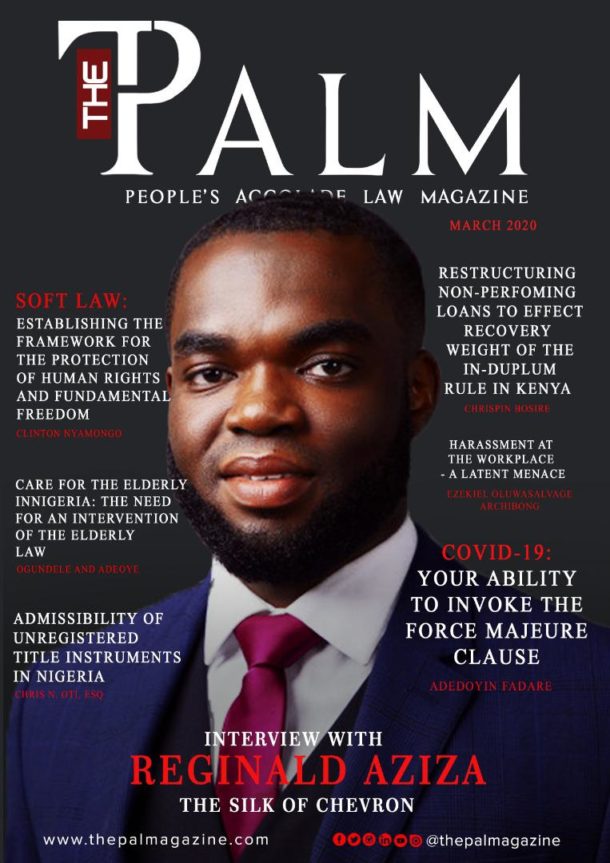

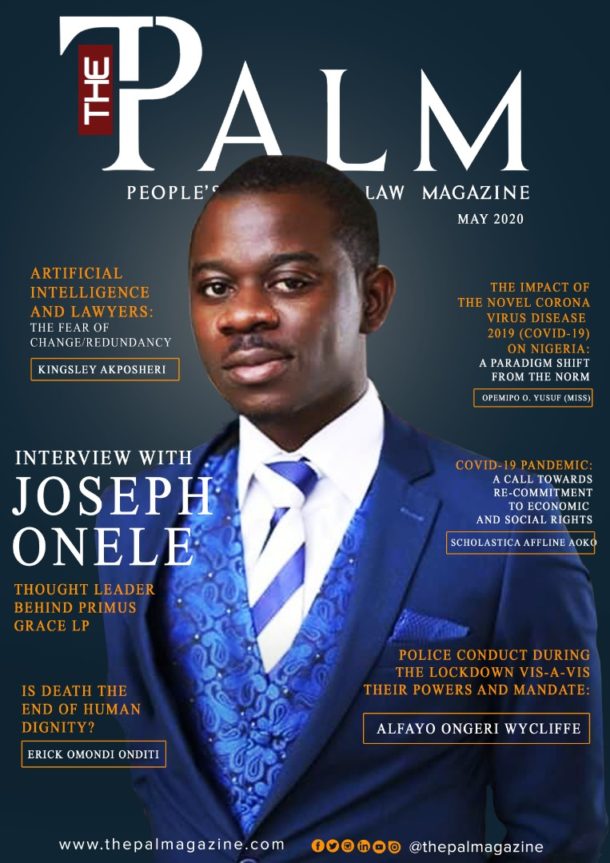
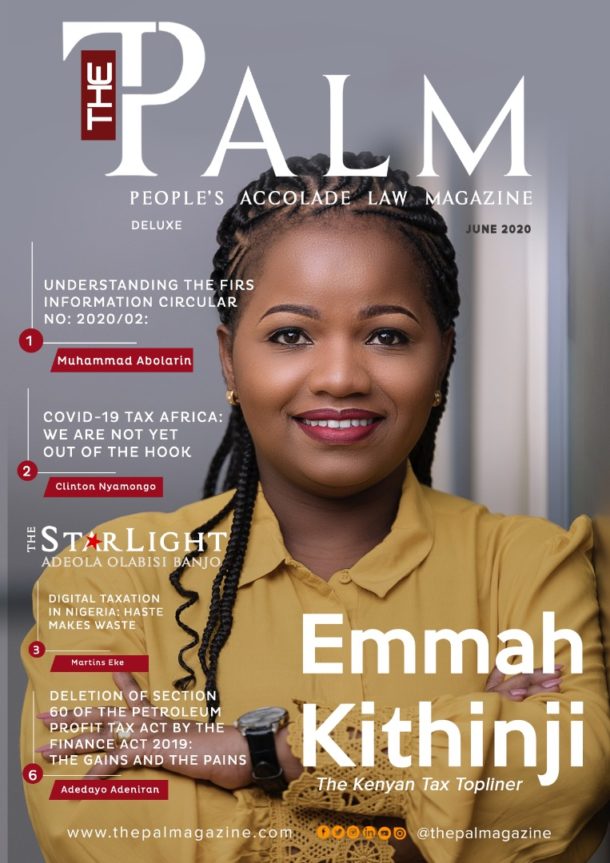

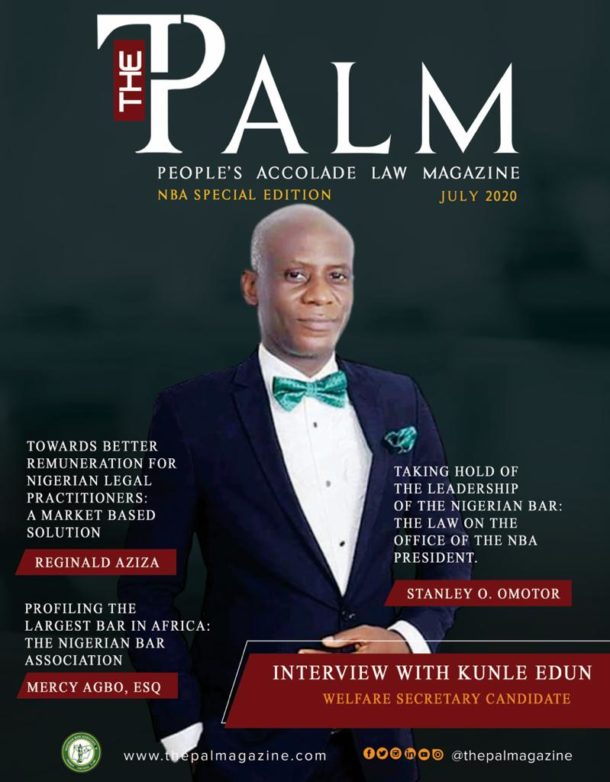
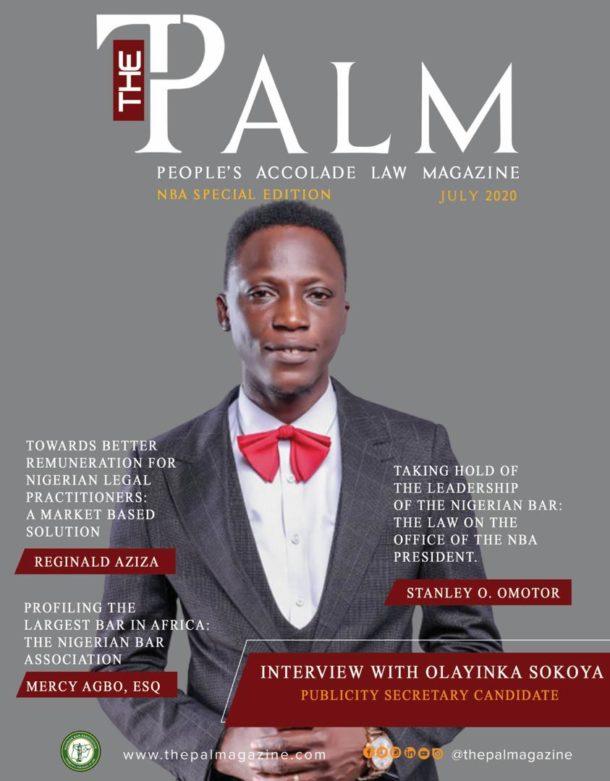
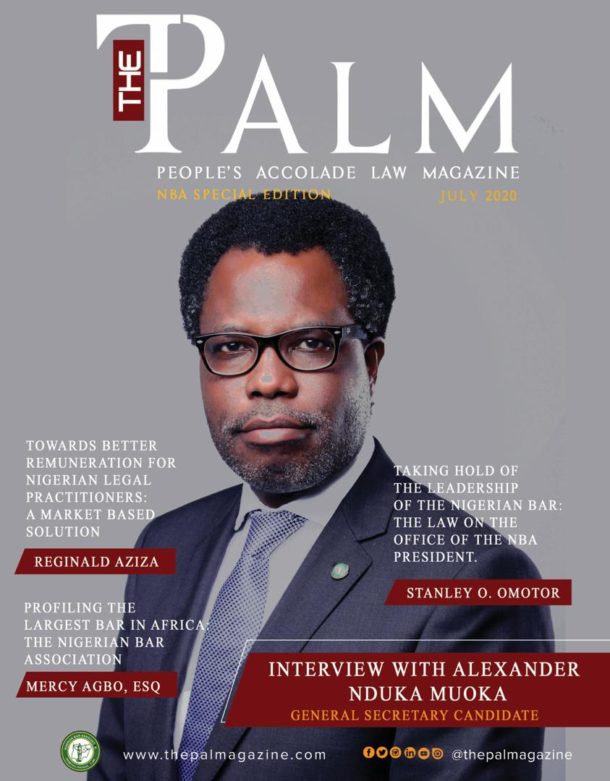

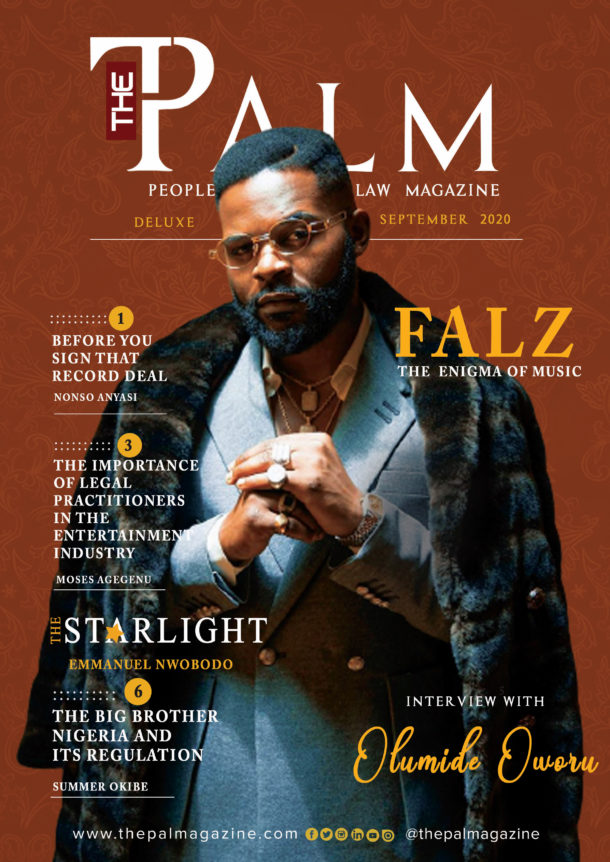
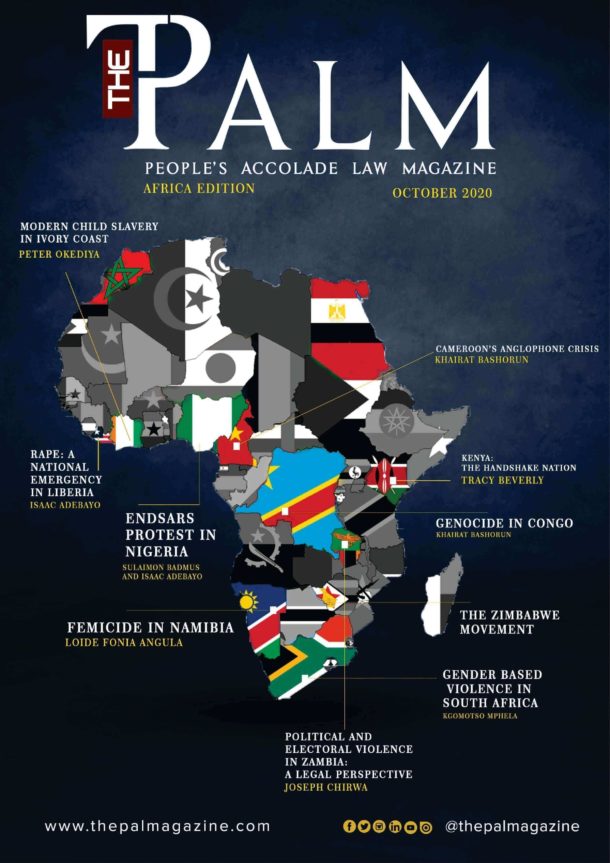


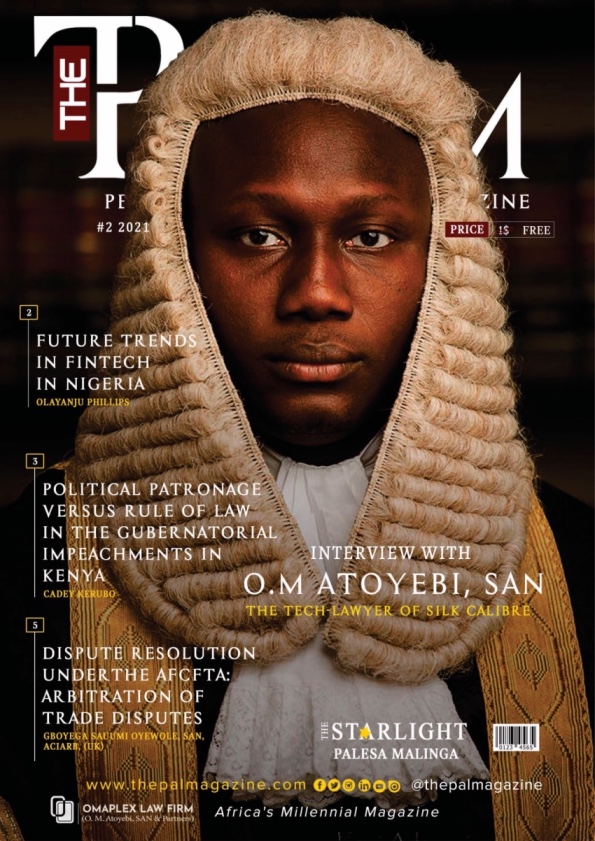

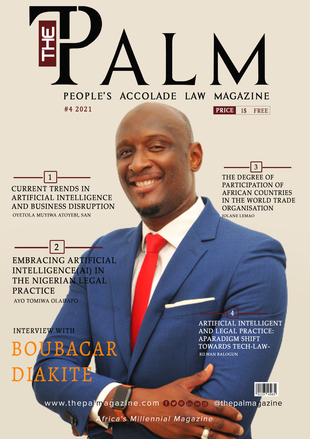

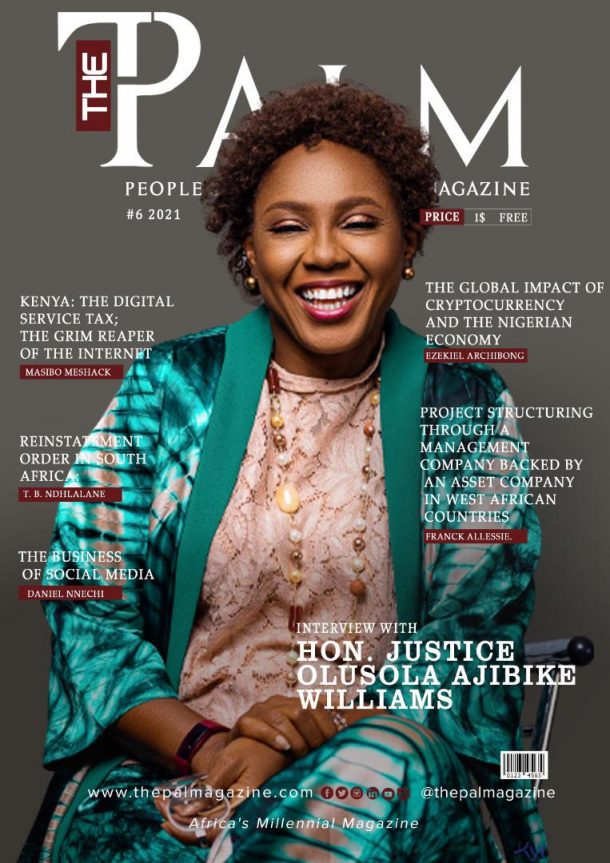
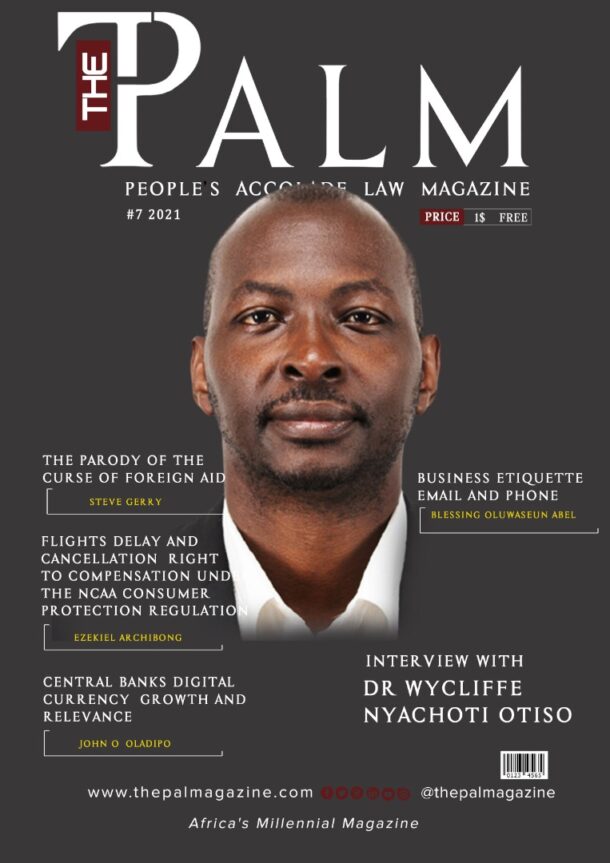



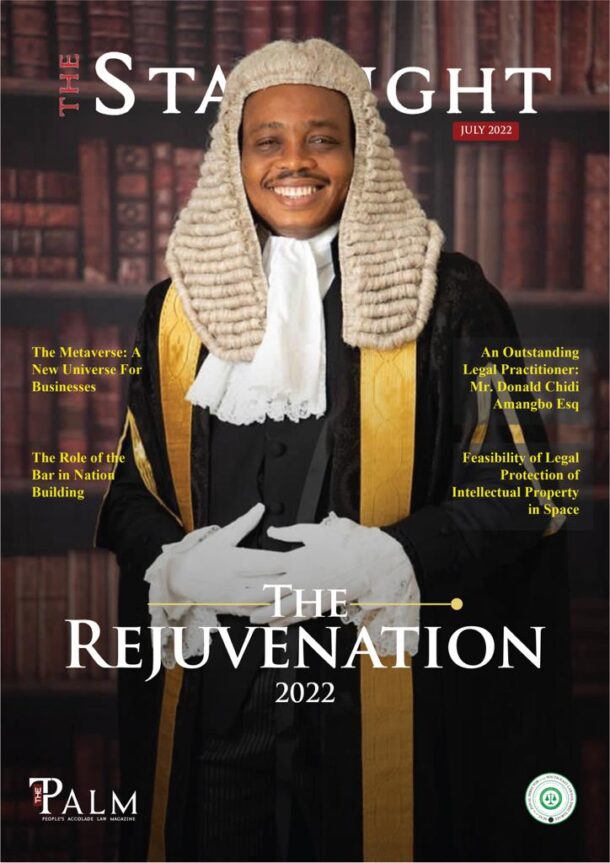


One Response
3.5